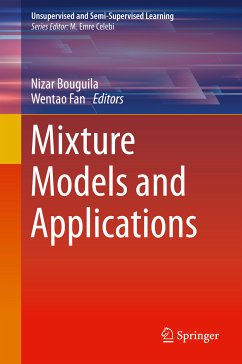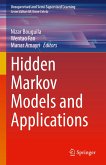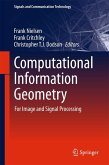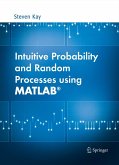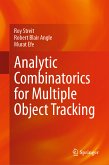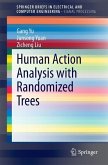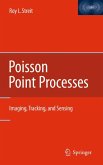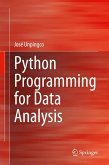This book focuses on recent advances, approaches, theories and applications related to mixture models. In particular, it presents recent unsupervised and semi-supervised frameworks that consider mixture models as their main tool. The chapters considers mixture models involving several interesting and challenging problems such as parameters estimation, model selection, feature selection, etc. The goal of this book is to summarize the recent advances and modern approaches related to these problems. Each contributor presents novel research, a practical study, or novel applications based on mixture models, or a survey of the literature.
- Reports advances on classic problems in mixture modeling such as parameter estimation, model selection, and feature selection;
- Present theoretical and practical developments in mixture-based modeling and their importance in different applications;
- Discusses perspectives and challenging future works related to mixture modeling.
Dieser Download kann aus rechtlichen Gründen nur mit Rechnungsadresse in A, B, BG, CY, CZ, D, DK, EW, E, FIN, F, GR, HR, H, IRL, I, LT, L, LR, M, NL, PL, P, R, S, SLO, SK ausgeliefert werden.

